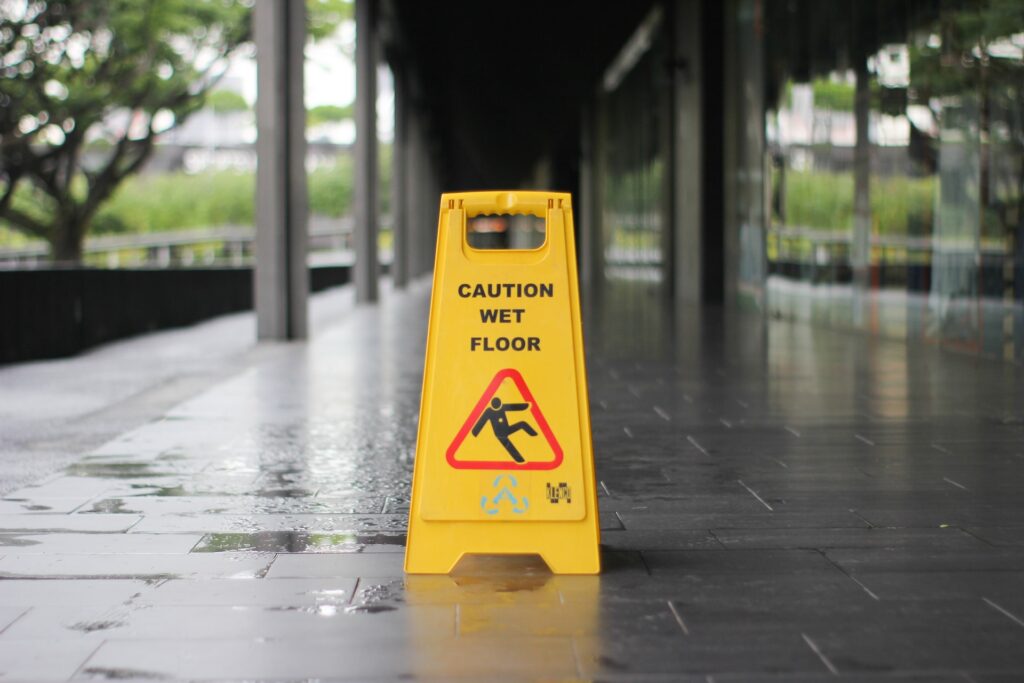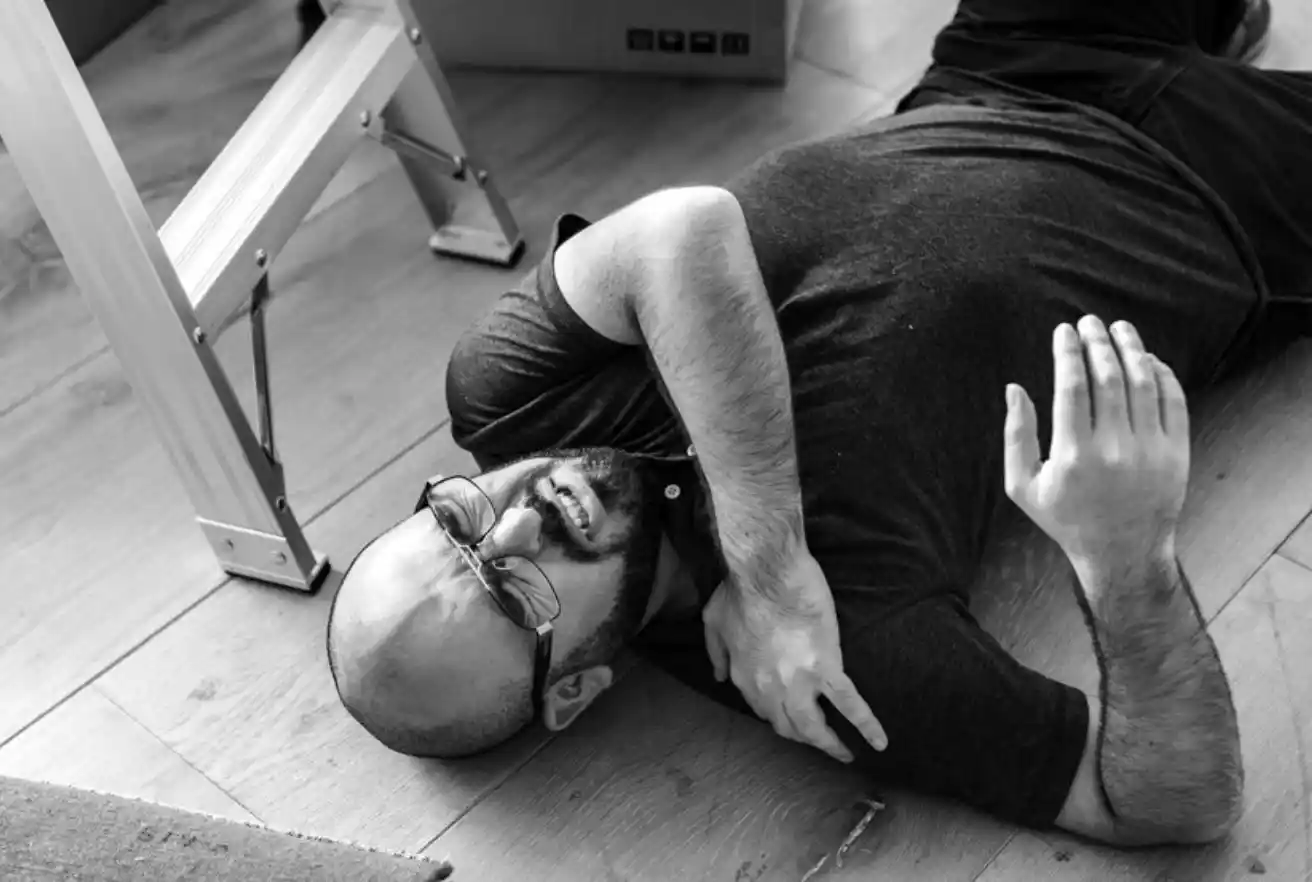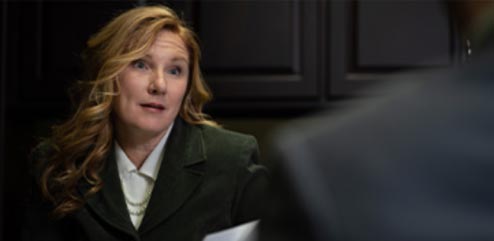
Lafayette Premises Liability Lawyer
When you enter someone else’s property, you have the right to expect a safe environment. However, accidents can happen due to the negligence of property owners, leaving you or a loved one injured on their premises.
At Christie Farrell Lee & Bell, our team of premises liability lawyers in Lafayette is dedicated to providing comprehensive legal representation to victims of premises liability incidents, ensuring that their rights are protected every step of the way.













